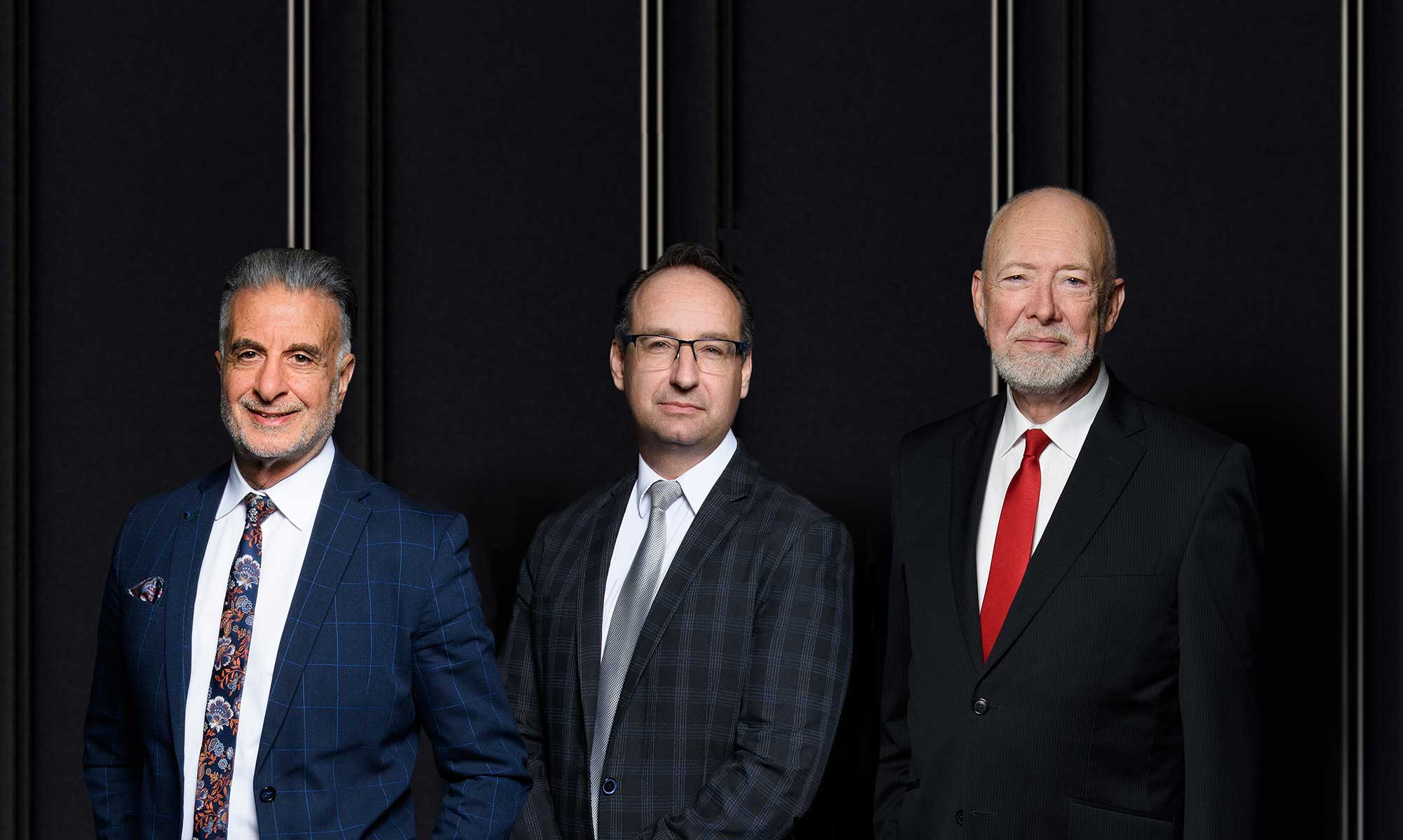Recent changes to parole and shoot to kill laws and regulations introduced through amendments to terrorism legislation in New South Wales present some very real concerns to our priceless civil liberties under the repeated political populace mantra that this is necessary to make us “safer from terrorists that would see us harm”.
This bill was rushed through parliament without proper scrutiny and is another step in the continual fettering of our civil liberties. It raises a number of significant concerns that will likely impact on our lives and have regrettable unintended consequences.
Changes to parole
Under the new regulations, parole will not likely be granted to a person who the police suspect has links to or is associated with terrorists or terrorism, potentially, even in an indirect way. It is absolutely crucial that we understand what the words “associated” or “linked” mean. It would appear that suspicion and possibly speculation will suffice; that is “guilt by association”. Who is to determine whether there is sufficient evidence for such association or link: is it the police or government? What is the standard of proof that will be required before an offender loses his or her right to parole – to ever be released from prison?
To illustrate this point let’s consider this example; Bill, an Australian with Anglo Saxon lineage, grew up with Mahmoud, whose background is Lebanese – Muslim, and they remained friends. Unbeknown to Bill, Mahmoud had covert interests in ISIS and/or terrorist activity. Bill is then gaoled for stealing a car and after spending three years in prison is due for parole. Under the new legislation, the police could present evidence of Bill’s “association” and/or “links” to Mahmoud and the presumption would be against Bill getting parole – yet – Bill has no direct link or interest in terrorist activity or ISIS and does not support or condone their activities in any way.
Fear of such an occurrence could have the effect of isolating, even more so, persons such as Mahmoud.
Increased police powers – shoot to kill
The Coroner in the Lindt Siege Inquest made it clear that police already had sufficient power to shoot and kill Monis. This additional power – to shoot to kill even where there is no evidence that the hostages have actually been threatened – is unnecessary and problematic. The legislation does not allow for independent oversight of the police commissioner’s declaration of an event that is or is likely to be a ‘terrorist act’. Why doesn’t such life ending power with unintended potential consequences have an adequate check and balance, such as with a request for a search warrant where a Justice or Justices’ sign off on the “declaration”? This could be done within a couple of hours and sieges are notorious for lasting many hours.
Likely Unintended Consequence
Any siege is likely to be treated as a terrorist act and increases the potential for hostages to be killed or seriously injured even where there is no direct evidence that the hostages were threatened or in actual danger at the hands of the hostage taker.
These changes go a long way to achieving a perverse result; giving the terrorists’ at least part of what they seek to achieve; to cause us to react out of fear and to change the way we live. Whenever we make changes to our laws that take away or whittle down our civil liberties – such as granting (even) greater powers to our police force and intelligence agencies – these changes have the real potential to cause innocent people, particularly, if they are of different ethnicities or religions, to be locked up indefinitely without there being sufficient evidence for them to be charged or brought before a court for any (other) offence. Through these laws we then achieve an unintended consequence; that, in a perverse way, at least on one level, the terrorists’ achieve their goal; that is, to affect the way we live; to limit our civil rights and freedoms that we hold so dear and for which our forefathers have fought wars and lost their lives.
For further information, contact Manny Conditsis today.


